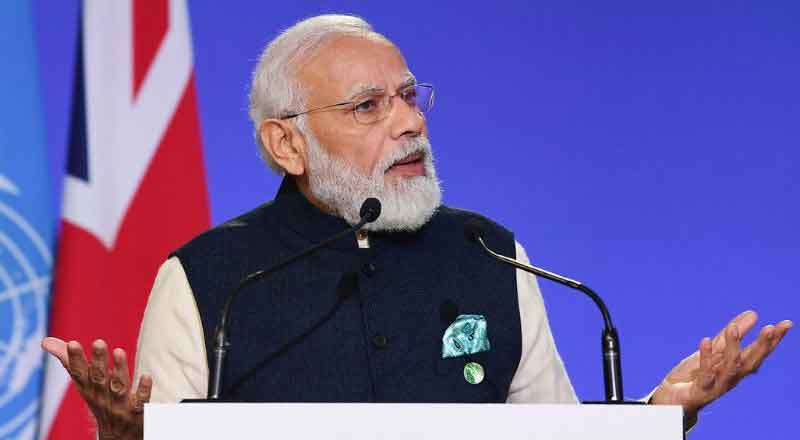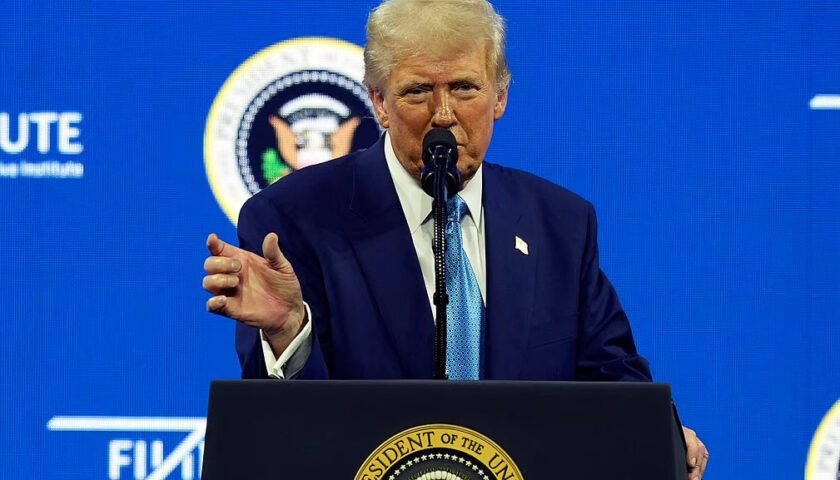A recent report highlights that India contributed USD 1.28 billion in climate finance through multilateral development banks (MDBs) in 2022, surpassing contributions from several developed nations. The report, published by UK-based think tank ODI and the Zurich Climate Resilience Alliance, underscores India’s significant financial support for climate action compared to wealthier nations like Greece, Portugal, and New Zealand.
The report points out that only 12 developed countries—including Norway, France, and Germany—met their fair share of international climate finance commitments. However, major developed nations like the United States, Australia, Canada, Spain, and the United Kingdom have fallen short of their pledges. The U.S., in particular, has been criticized for contributing far less than its fair share, leading to a significant shortfall in global climate finance.
Developing Nations’ Contributions
India is among several middle- and high-income nations, such as China (USD 2.52 billion), Brazil (USD 1.13 billion), and South Korea (USD 1.13 billion), that have made notable contributions to climate finance through MDBs. These contributions reflect the growing role of developing countries in addressing global climate challenges, despite being less responsible for historical greenhouse gas emissions.
Historical Commitments and Shortfalls
At the COP15 conference in Copenhagen in 2009, developed countries promised to provide USD 100 billion annually by 2020 to help developing nations combat climate change. However, this target has not been fully met, with a significant portion of the funds provided as loans rather than grants, further straining trust between developed and developing nations.
In May 2022, the OECD claimed that developed countries had exceeded this target, providing USD 116 billion in climate finance. However, the report cautions that this figure may be misleading, as much of the financial support is provided as loans rather than grants, undermining the real fiscal effort made by these countries.
Calls for Accountability
The report advocates for a “burden-sharing mechanism” in the New Collective Quantified Goal (NCQG), set to begin in 2025. This mechanism would clarify each country’s individual financial obligations, fostering greater accountability and ensuring that developed nations fulfill their commitments. Countries are expected to finalize the NCQG during COP29 in Baku, Azerbaijan, in November 2024.
India, along with other developing nations, has been vocal in demanding stronger accountability measures to ensure developed nations meet their climate finance commitments and foster trust in global climate action efforts.





